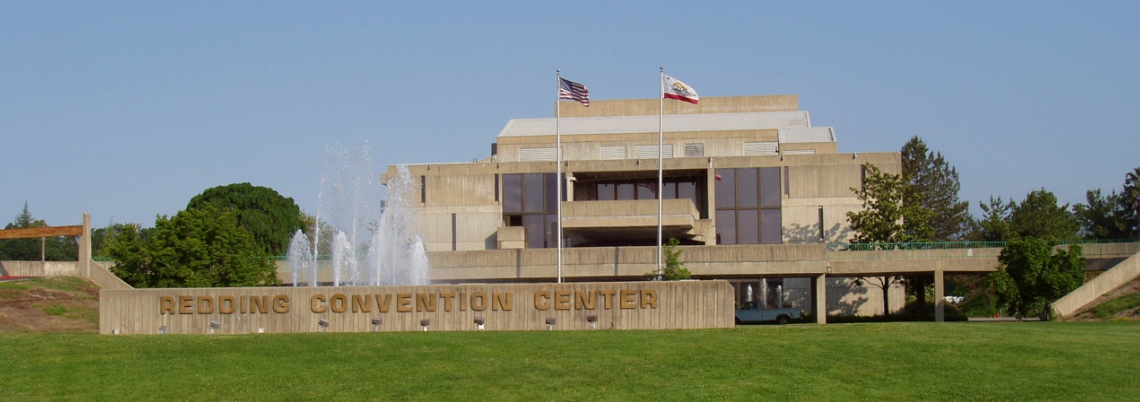DEVILISH DECEPTION
It’s been said that God does nothing in the affairs of men except they pray. Prayer is the catalyst for worldwide transformation. Prayer incites the angels, restrains darkness, and releases nations into their destiny. Prayer is the key to revival; building bridges between what should be and what will be.
The devil also knows the power of prayer and he understands that he can’t stop us from praying. But he is the master of deception and he tries to convince us that his destructive schemes are “acts of God” so Believers will not release the arsenal of Heaven against him! Unfortunately, satan has been more successful at deceiving the saints recently than he has for decades. One of the ways he has shrewdly crept into our society is by convincing the Church that it is our responsibility to release the wrath of God against sinners. This authorizes the dethroned prince of darkness to kill, steal and destroy while we stand aside applauding the demise of these ravaged people. To make matters worse, this evil prince frames the Lord of Redemption for his crimes, poisoning the people of His passion, which causes many of them to reject His wedding invitation. Meanwhile, those who have been empowered to police this property lack discernment and assist these angels of light in their killing spree.
THE REEMERGING OF THE DOOMSDAY PROPHETS
In the last decade the “Doomsday” prophets seemed to have come out of hibernation. In 1997, my own parents moved out of the San Francisco Bay Area to avoid the wrath of a great earthquake prophesied to strike southern California. This quake was going to destroy Hollywood for its immoral pollution of the media and San Francisco for its homosexual perversion. The word also predicted that northern California would become “ocean front property.”
My mom and dad relocated from the Bay Area to Lake Tahoe near Nevada, hoping to find a prophetic “no-fly” zone. Just about the time my folks got settled, several prophets began to prophesy about an upcoming international famine. This became known around the world as the “Y2K bug.” This bug was going to judge us for making our intellect a god. It was the perfect “God Scheme.” The whole plan was to be hidden by our foolish confidence in man’s brilliance. It seemed that the Lord had blinded every computer nerd in the world, keeping them from discovering too soon that we would all be starving over the lack of a digit. What a way to go! There would be rioting in the streets; people would be fighting off the temptation to cannibalize their neighbors and children! Businesses and governments would crumble next. Some even predicted this would start the “Mother of all Wars.” People streamed in mass to buy generators and guns to protect their food in the “Name of the Lord.” Needless to say, these preparations proved to be pointless, and my parents are still driving for hours to reach the ocean.
September 11, 2001 will forever be branded in the minds of Americans as a monument to murder. America woke up to the sounds of people screaming, many of them on fire as they exited the black smoke of a man-made hell. Explosions could be heard in the background as buildings crumbled and thousands were trapped in would-be tombs. Weeping and wailing were heard for miles as people wandered aimlessly through the streets looking for their loved ones. Many jumped to their death from these flaming infernos. Deep sadness and fear blanketed the whole earth as the news spread. Everywhere, people were crying out for mercy for those who were still counted among the missing. People were glued to their TV sets, praying, hoping and believing that life would emerge from the rubble.
Although the “Prophets of Doom” had not prophesied this disaster, declarations of darkness began to emerge from what was supposed to be the “House of Hope.” Before we could ask ourselves why such a mindless act of horror would be perpetrated on the lives of the many innocent who died that day, numerous Prophets began to proclaim that this terrorist attack was God’s judgment for the sins of our nation. Their thesis was that God was angry over the abortion, homosexual, and pornography issues, so he decided to kill a bunch of people to make His point. Can you imagine the grief that beset those who had lost loved ones and were now being confronted by an angry God who wanted to kill more people? This attitude reminds me of something Jesus said, “In the last days the love of many will grow cold” (Matthew 24:12.)
SLOW LEARNERS
It seems that many of God’s Prophets are slow learners as a whole new wave of prophetic judgments are being released over San Francisco, Northern California and Hollywood again. These judgments are predicated on a huge misunderstanding of New Testament prophetic ministry in the Church today. The Church needs to realize that the crucifixion of Jesus fulfilled the Law and the Prophets! We need to stop doing for the devil what he can’t do for himself!
Let’s take a look at the goal of New Testament ministry and means of achieving it according to the Apostle Paul. He wrote:
Therefore if anyone is in Christ, he is a new creature; the old things passed away; behold, new things have come. Now all these things are from God, who reconciled us to Himself through Christ and gave us the ministry of reconciliation, namely, that God was in Christ reconciling the world to Himself, not counting their trespasses against them, and He has committed to us the word of reconciliation. Therefore, we are ambassadors for Christ, as though God were making an appeal through us; we beg you on behalf of Christ, be reconciled to God. He made Him who knew no sin to be sin on our behalf, so that we might become the righteousness of God in Him (2 Corinthians 5:17-21.)
Two things come to light in these passages: number one, New Testament ministry is the “ministry of reconciliation”. And number two, the way God reconciles people to Himself is by “not counting their trespasses against them!” In the Old Testament the primary role of the Prophet was to decree judgments for national transgressions because sin required judgment under the Law. But in the New Testament, the crucifixion of Christ paid the price that judgment required, thereby fulfilling justice and ultimately releasing mercy to millions of sinners who didn’t deserve it (people like you and me, for instance).
What do you think about the role of prophets today? Let me know in the comments below. Stay tuned for part 2.




